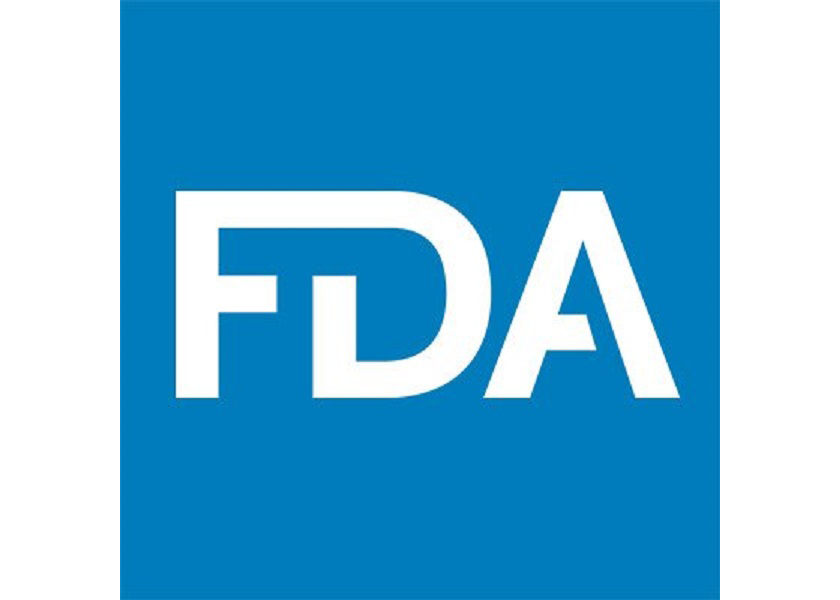FDA releases pesticide residue monitoring report

Finding generally strong compliance with federal standards for pesticide tolerances in food, the U.S. Food and Drug Administration has published its annual Pesticide Residue Monitoring Program Report for Fiscal Year 2020.
The report summarized findings from the program’s monitoring of human and animal foods in fiscal year 2020.
From Oct. 1, 2019, through Sept. 30, 2020, the FDA tested for approximately 750 different pesticides and selected industrial compounds on 2,078 human food samples (316 domestic and 1,762 import samples) in its regulatory monitoring program.
Agency staff collected domestic human food samples from 35 states and imported human food samples from 79 countries/economies, according to the release. The findings show that the levels of pesticide residues measured by the FDA in the U.S. food supply are generally in compliance with U.S. Environmental Protection Agency’s pesticide tolerances.
Growers often use pesticides to protect their crops from insects, weeds, fungi and other pests. Through this program, the agency ensures that FDA-regulated foods within U.S. commerce comply with the pesticide tolerances, or maximum residue levels, set by EPA to protect public health, the release said.
The EPA establishes pesticide tolerances on the amount of a pesticide residue a food can contain, and the FDA is responsible for enforcing those tolerances for domestic foods shipped in interstate commerce and foods imported into the United States.
In fiscal year 2020, the FDA found that 96.8% of domestic and 88.4% of import human foods were compliant with federal standards, that is, the pesticide tolerances set by EPA. No pesticide residues were found in 40.8% of the domestic samples and 48.4% of the import samples.
In the human food commodity groups, the violation rate in each group was higher for import samples. The higher violation rate affirms the validity of the sampling design in targeting import commodities more likely to contain violative pesticide residues, according to the release.
The FDA also analyzed 102 animal food samples (40 domestic and 62 import samples) for pesticides. The agency found that 100% of domestic and 96.8% of import animal food samples were compliant with federal standards. No pesticide residues were found in 30.0% of the domestic and 48.4% of the import animal food samples.
The results from fiscal year 2020 were similar to those from past years. However, the COVID-19 pandemic impacted the FDA’s sample collection and analysis for the fiscal year 2020 report in the following ways:
- Approximately 50% fewer human food samples and 70% fewer animal food samples were collected in fiscal year 2020 compared with fiscal year 2019;
- More import samples were collected in fiscal year 2020 relative to domestic samples than in previous years;
- Domestic samples were not collected for the “Domestically Produced Animal Derived Foods” European Union audit assignment; and
- Despite this impact, the results from samples collected and analyzed in fiscal year 2020 demonstrated a rate of compliance similar to what has been shown in previous years.







